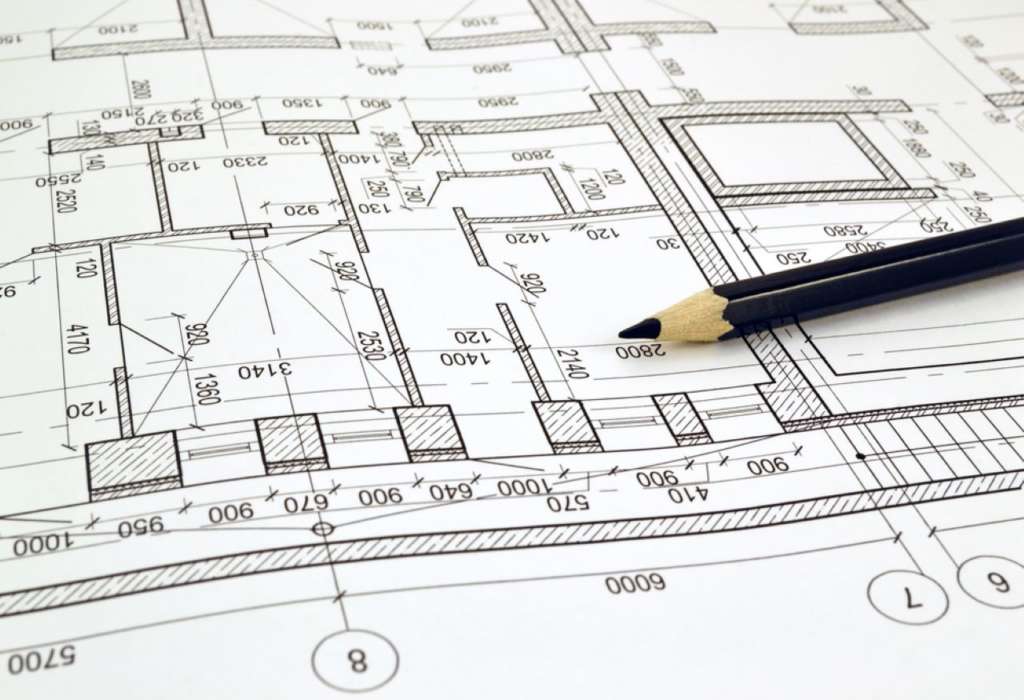Considering a Building Design Course?
If you would like to explore the trends influencing modern building design, a building design course may be perfect for you. Technology, climate change and regulation are changing modern building design, and the professional practices of the engineering, construction and architecture industry. Building design courses explore these trends and are the perfect fit for anyone who is interested in modern building design processes. The good news is there are tons of building design courses currently available. They are available in full-time, part-time and evening class options too, making it easy to fit this course into your busy schedule.
About Building Design
Building design refers to the broadly based engineering, architectural and technical applications to the design of buildings. All building projects require the services of a building designer, generally a licensed architect or structural engineer. Smaller, less complex projects often do not require a licensed professional, and the design of such projects is generally undertaken by building designers, interior designers, contractors or draftspersons. The more complex, large building projects require the services of many professionals trained in specialist disciplines, generally coordinated by an architect.
Sustainable Building Design
Most courses in building design cover the topic of sustainability or the course will be based solely around sustainable building design. Courses that focus on sustainable building design will enable you to explore and learn the key scientific technologies, principles and analysis techniques for designing indoor environments whilst reducing energy use and associated climate change effects. Meeting the growing global energy demand, while mitigating climate change and the environmental impacts, requires a large-scale transition to sustainable, clean energy systems.
Students and professionals across the globe need to prepare for careers in this future energy landscape, gaining relevant knowledge and skills to expedite the transformation in industry, nongovernmental and government organisations, non-profits and academia. The building sector represents a big percentage of overall energy consumption and contributes 40% of the carbon emissions driving climate change. Although, buildings also offer opportunities for economical, energy efficiency gains. From retrofit projects to new construction buildings.
The Difference Between a Building Designer and an Architect
There are clear differences between a building designer and an architect. It is important that you know this before applying for your course. Building designers are concerned with the design, security and scale of a building or structure that they design. An architect must consider function and form when they prepare their scaled plans. The responsibilities, however, are quite similar. Generally speaking, building designers and architects design residences, buildings, factories and other structures. They both design and complete drafts of what a structure should ideally look like. Building designers generally meet with clients to determine what the client needs and what they would like to see.
The designer then creates the draft that meets those needs and concepts while the architects make sure that what the building designer put together on paper works, is functional and meets building specifications. Building designers work alongside architects and must be creative in their design approach. They must be able to interpret what a client tells them and turn those ideas into creative structure drafts. Working knowledge of building codes and building industry standards is essential. Building designers must have extensive experience in computer-aided drafting, physical science and math. Designers must be prepared to alter plans as they go and be ready to revise drafts depending on the client’s desires and needs.
What Will I Learn?
You will learn drawing, design skills, architectural drawing and computer aided design. Students will also explore the appreciation of design, communications and combined materials.
Career Opportunities
After completing your course, you can expect to be able to work as a building designer. If you would like to progress on your knowledge, you can study other courses to become an architect or a construction worker.
If you’re serious about doing a building design course, check out courses near you in the Nightcourses.co.uk national course finder.







